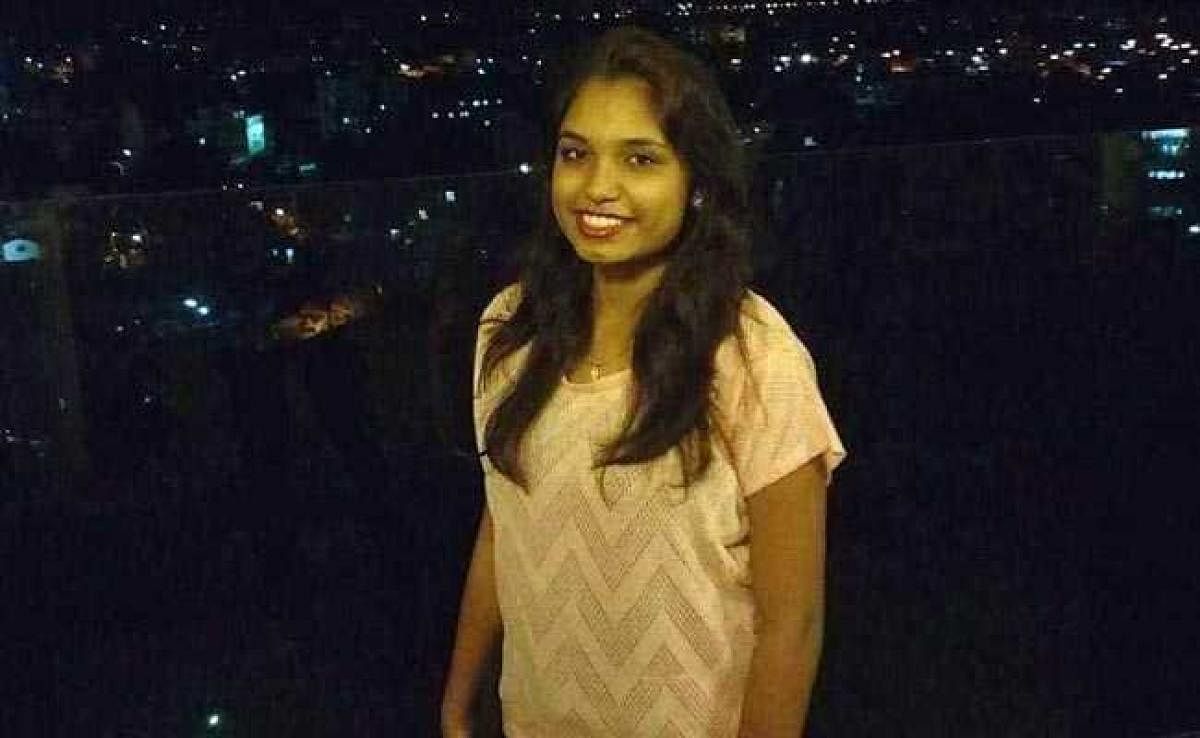The recent suicide of a young female doctor belonging to a minority tribal community, Dr Payal Tadvi, at Mumbai’s BYL Nair hospital after she was allegedly ragged and humiliated by her seniors for her lower caste status is another proof of the prevalence of caste harassment and discrimination even in elite institutions in urban areas. She had told her family that three senior doctors had constantly ridiculed her, heaped casteist remarks and insults on her, wiped their feet on her bed and threatened to not allow her to work. Her family had written to the hospital about her problems, but no enquiry was held or action taken. Caste is a social reality and has a role in politics and all other areas of life in the country. Discrimination based on caste and attitudes related to it are strong in rural areas but urban areas, even in fields like education and white-collar professions, are not free of them.
While members of lower castes are subjected to violence for violating the traditional code of conduct and even killings take place, cases of suicide as a result of oppression are not uncommon. Rohith Vemula, a PhD student in Hyderabad University, took his own life in 2016. There have been other cases before and after that. There are frequent complaints of discrimination against and ill-treatment of Dalits and minorities in educational institutions and white-collar professions. The Thorat Committee which went into charges of caste discrimination at the elite All India Institute of Medical Science (AIIMS), Delhi, confirmed the prevalence of discrimination against students and doctors from Dalit and other marginalised sections. Most of them reported lack of support and bias against them professionally and socially and felt alienated. The recommendations of the committee are yet to be implemented in institutions of higher learning across the country.
Education is intended to instill a sense of equality and brotherhood among members of the society, but even the seemingly most educated persons display strong casteist feelings and prejudices in their conduct. Even after the Thorat Committee’s findings and the suicide of Payal Tadvi, the Indian Medical Association (IMA) has denied any caste discrimination in the medical field. There are no mechanisms in institutions and workplaces to effectively deal with complaints of discrimination. But the issue is not just one of implementation of laws. The situation in schools, colleges, institutions and services is a reflection of what prevails in the wider society. Unfortunately, the regressive ideas, views and sentiments about caste, community, religion, ethnicity, etc., may be gaining strength in the country. They will only weaken society and the country.
